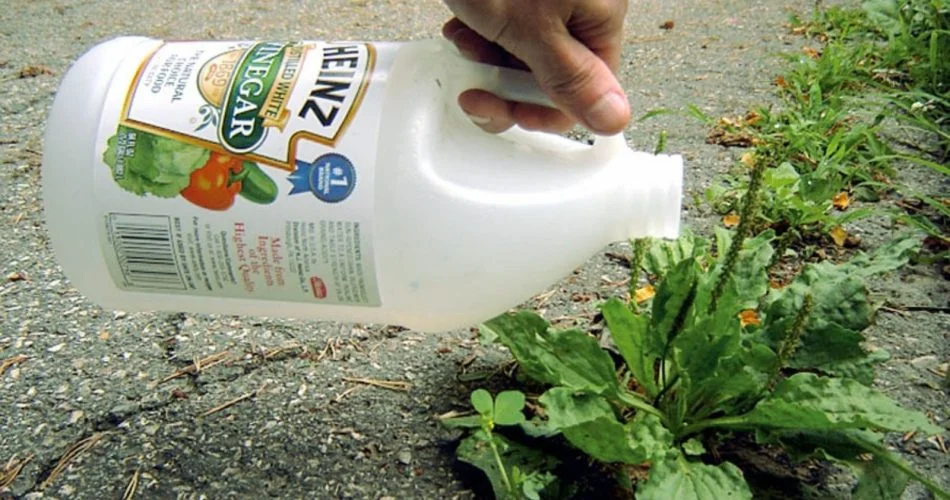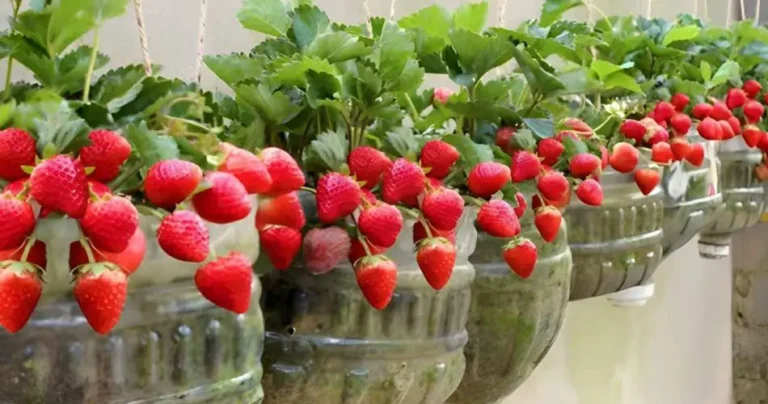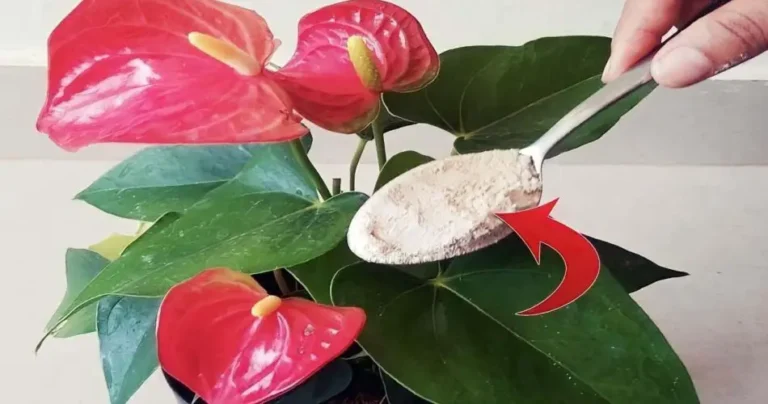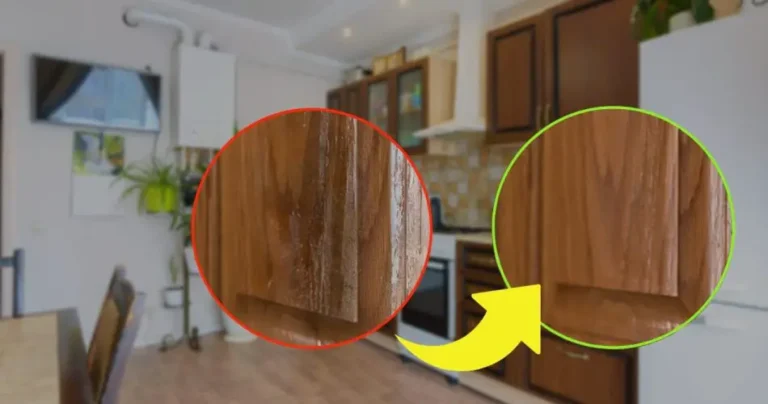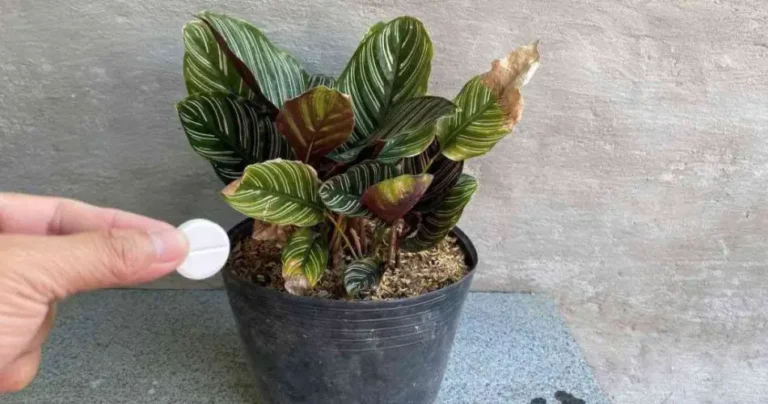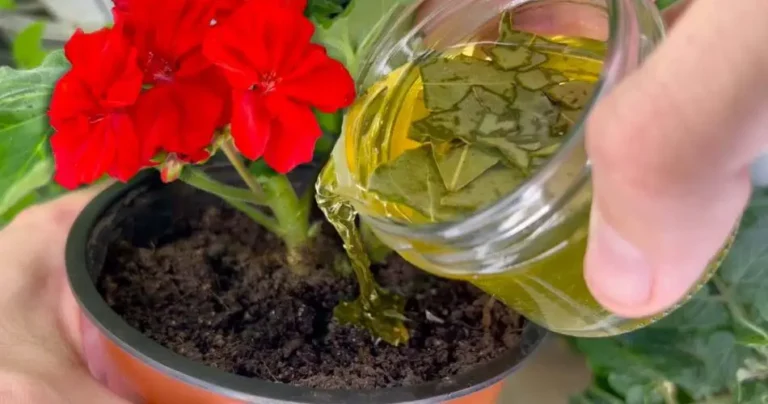White vinegar is the garden’s best friend – Here are 6 uses in the garden.
There are many ways to use white vinegar in the garden, and the product can have an amazing effect on plants, from improving their health and beauty to preventing certain pests. Find out how to use white vinegar to grow a beautiful garden in this blog article.
What is white vinegar?
White vinegar is a type of vinegar made from white wine. It is often used in place of distilled white vinegar, which is more expensive and has a stronger flavor. White vinegar can be used as a substitute for oil and other cleaning products and can be used as a natural remedy for many health problems.
What are the uses of white vinegar?
White vinegar can be used as a natural remedy for many health problems. It is useful for treating acne, dandruff and other skin problems, as well as cleaning teeth and gums. You can also use it to clean kitchen counters and ovens, sterilize cutting boards, remove rust stains from metal objects, and eliminate harmful bacteria from foods.
What can you do with white vinegar?
If you’re like most gardeners, you probably have a few products you use to solve garden problems. One such product is white vinegar. White vinegar can be used as a fungicide, herbicide and soil conditioner. In this post we will show you some ways to use white vinegar in the garden!
A good way to use white vinegar is as a fungicide. To do this, mix 1 cup of white vinegar with 2 cups of water and spray your plants or trees with the solution. Remember to wear gloves and eye protection when using this product; may irritate skin and eyes.
Another great way to use white vinegar is as a weed killer. To do this, mix 1 part white vinegar with 3 parts water and spray your plants or trees with the solution. Again, wear gloves and eye protection when using this product, which may irritate skin and eyes. Be sure to read the label before using any herbicide. Some herbicides are not safe for use near trees or flowers.
Finally, white vinegar can also be used as a soil conditioner. To do this, mix 1 part white vinegar with 3 parts water and spray the mixture on the plants. Be sure to wear protective clothing when using this solution, because it can irritate your skin and eyes. Be sure to read the label before using concentrated herbicides or plant foods.
How do you use white vinegar in the garden?
If you’re like most gardeners, you’ve probably heard that vinegar is one of the keys to a successful garden. But which vinegar? White vinegar is a great choice for gardens because it is chemically simple and has a low pH, meaning it won’t harm plants. Here are four ways to use white vinegar in the garden:
1. remove dirt. Vinegar is effective at removing dirt, leaves, and other debris from plants. Simply wet the area you want to clean and spray a little vinegar on the mess. Leave it to act for a few minutes and then scrub the dirt away with a brush.
2. create a deterrent spray. If squirrels or other pests are a problem in your yard, try spraying a little diluted white vinegar on their food sources. The smell will make them sick and they will eventually stop coming.
3. Get rid of weed seeds. Weeds can quickly take over your garden if you don’t take immediate action. Wet a paper towel and sprinkle a little white vinegar on the weed seeds. Let them rest for a few minutes, then pick them up and throw them away.
4. Improve soil moisture retention. The soil can become dry and cracked in winter, especially in clay soils. Pour a little white vinegar into the cracks in your garden and wait an hour or two before watering.
Eliminate fleas. White vinegar
